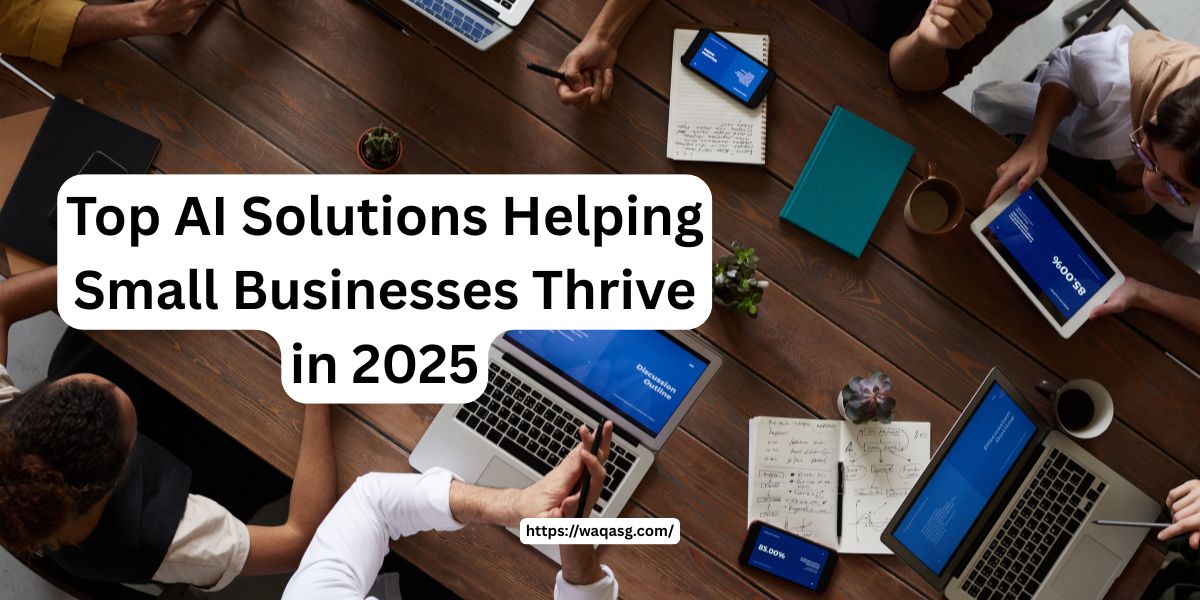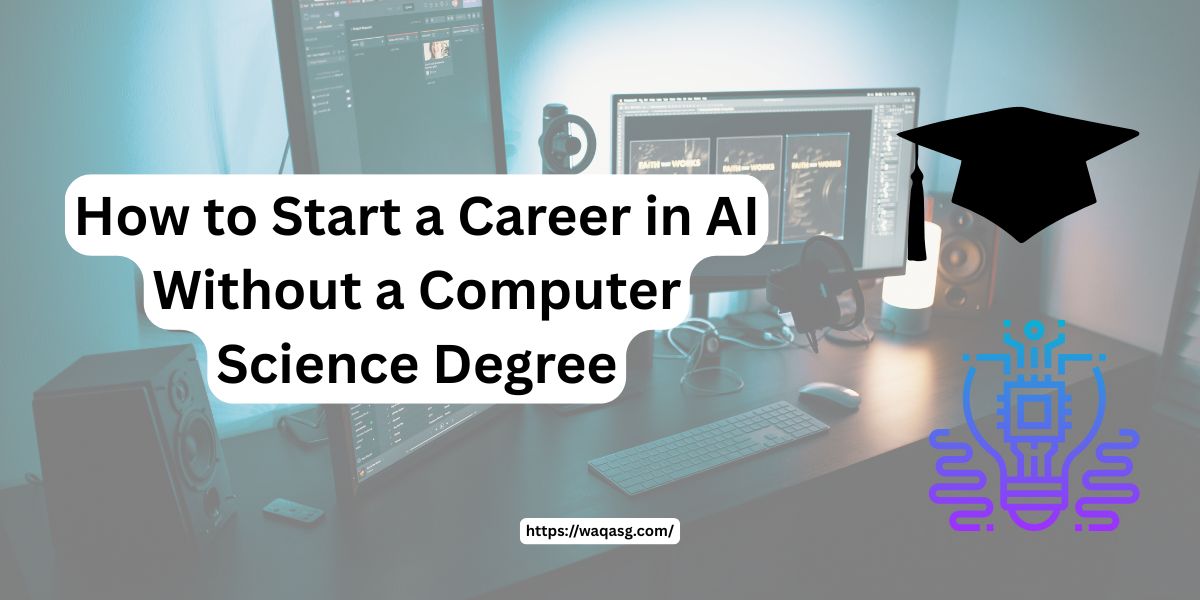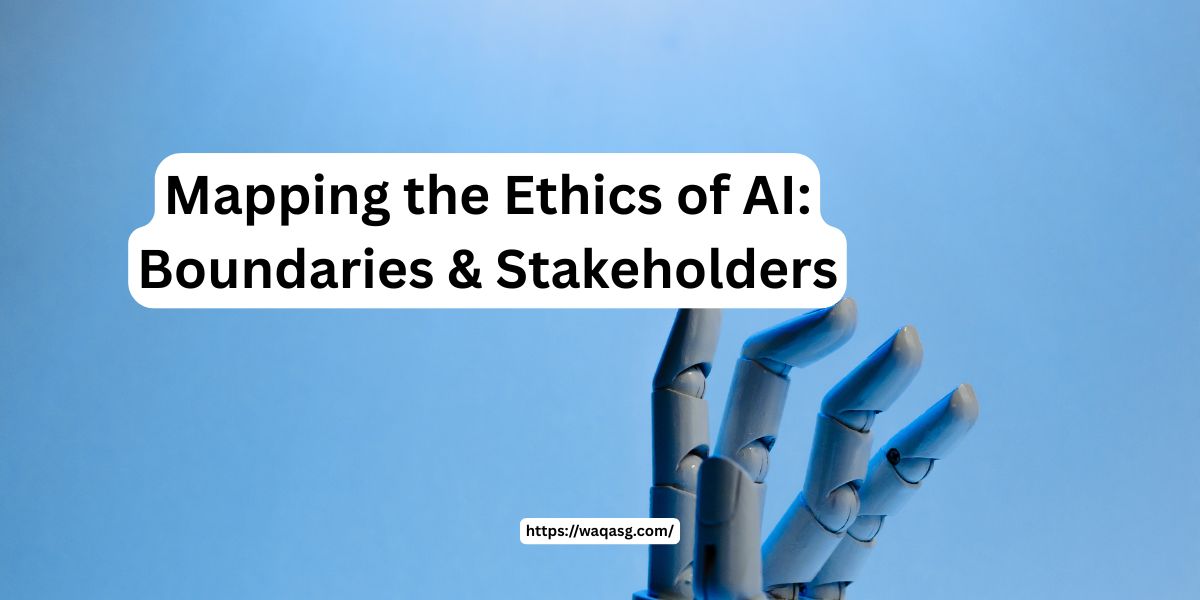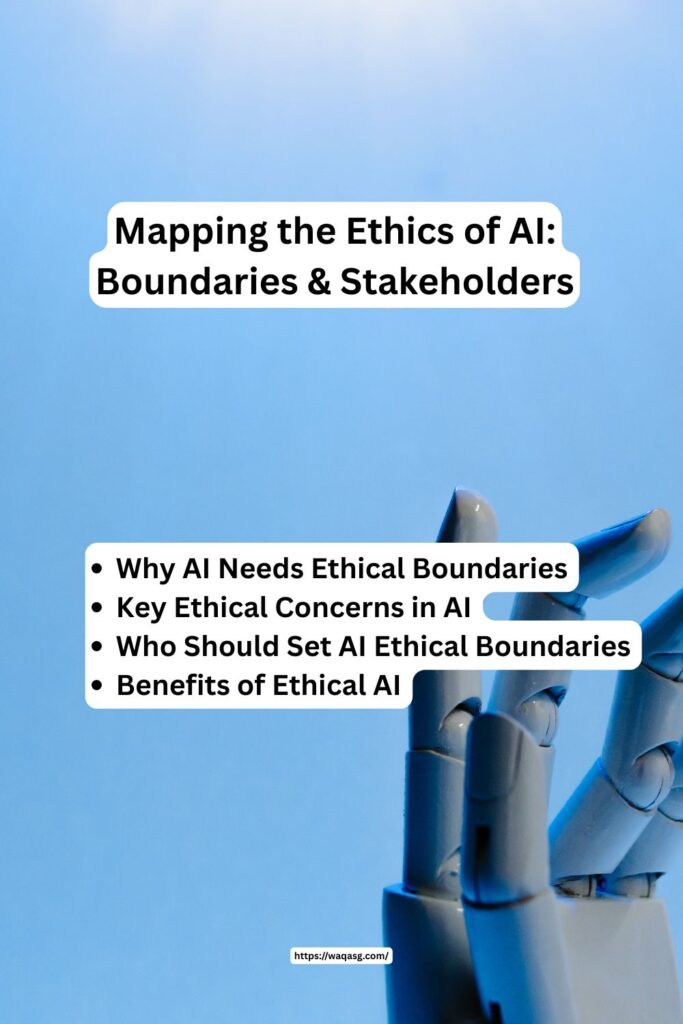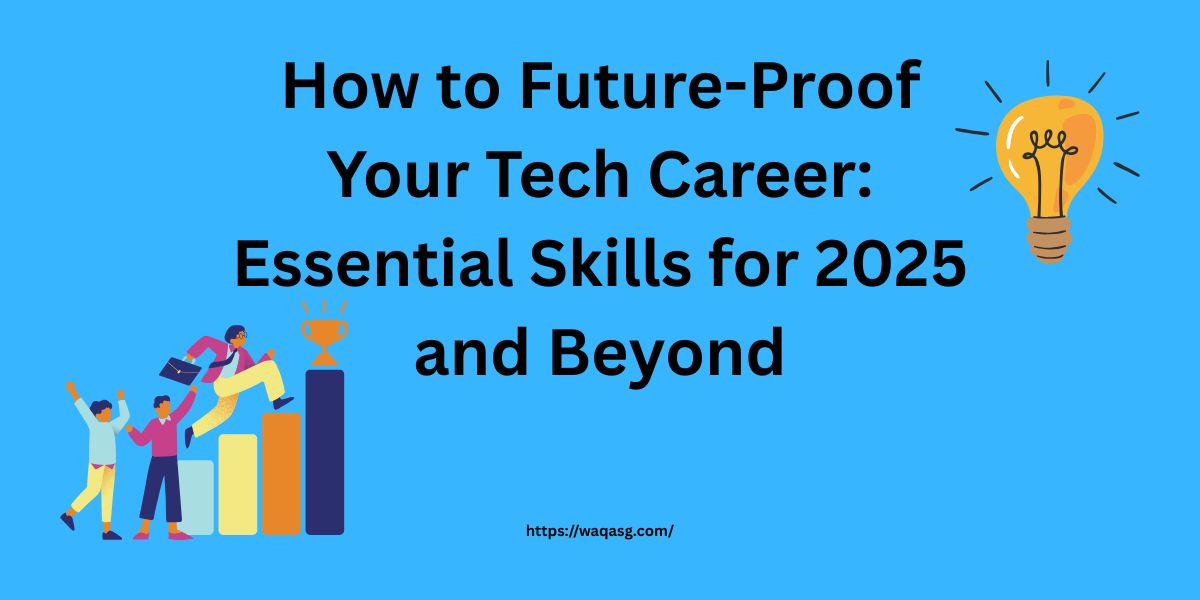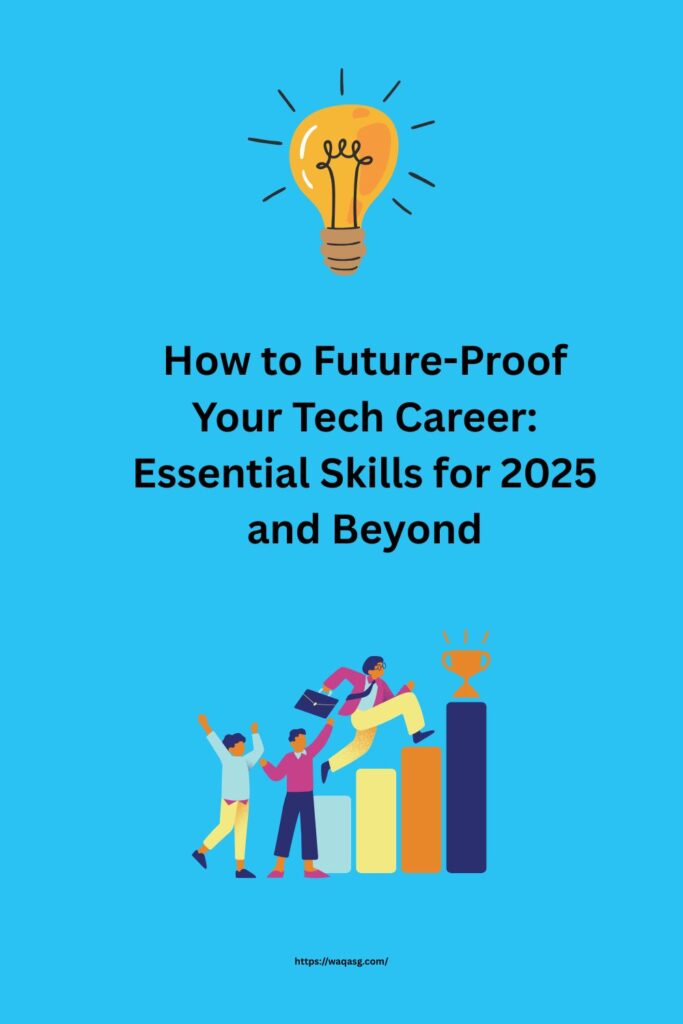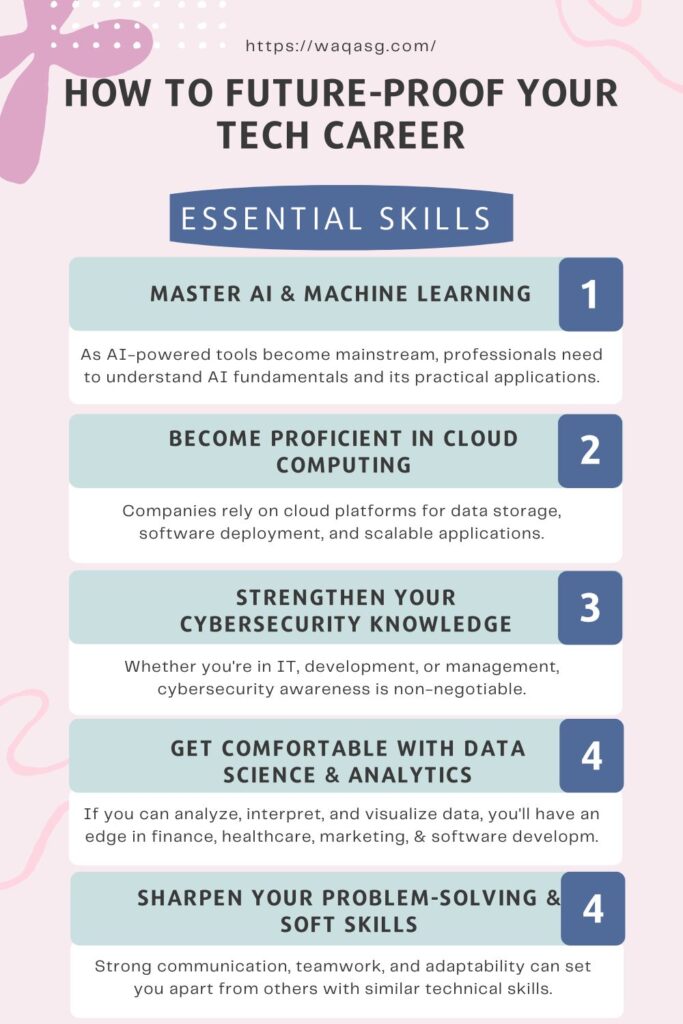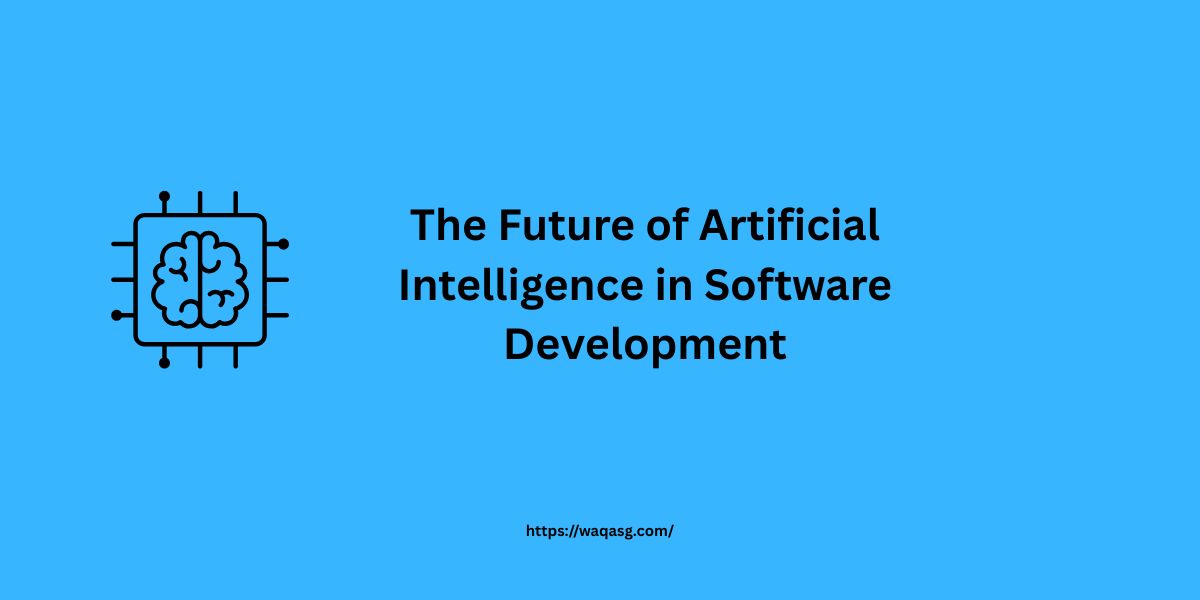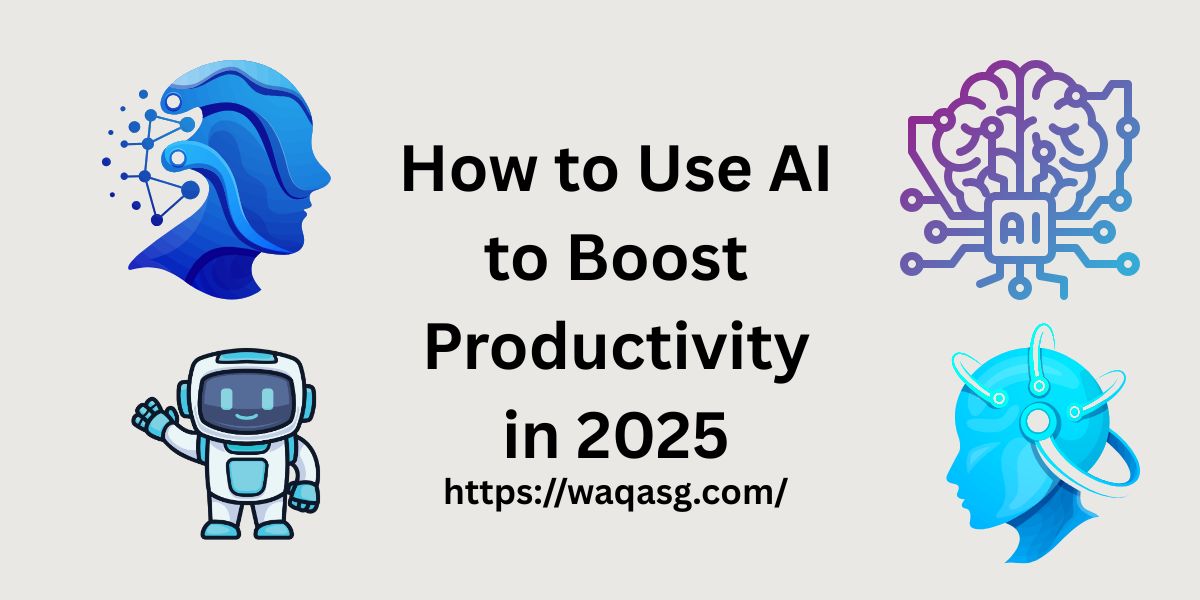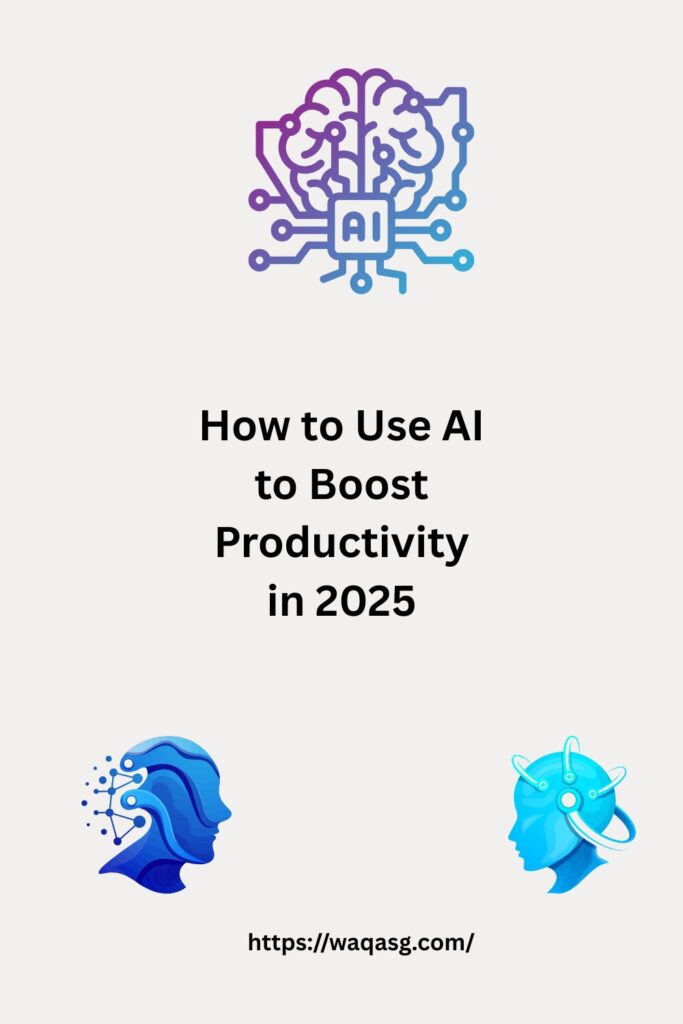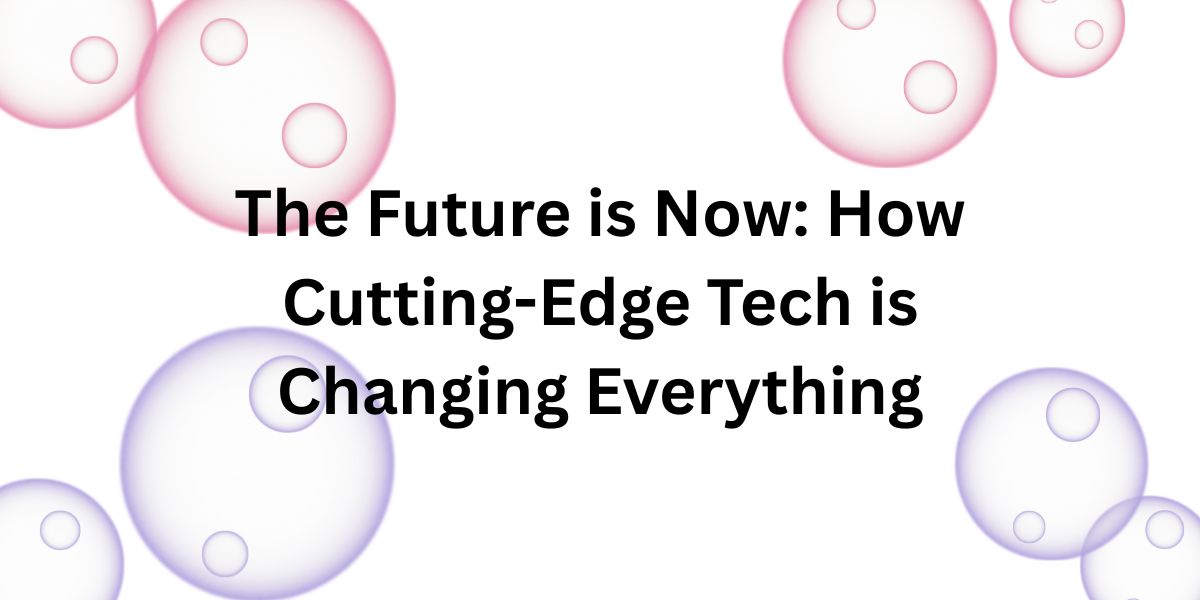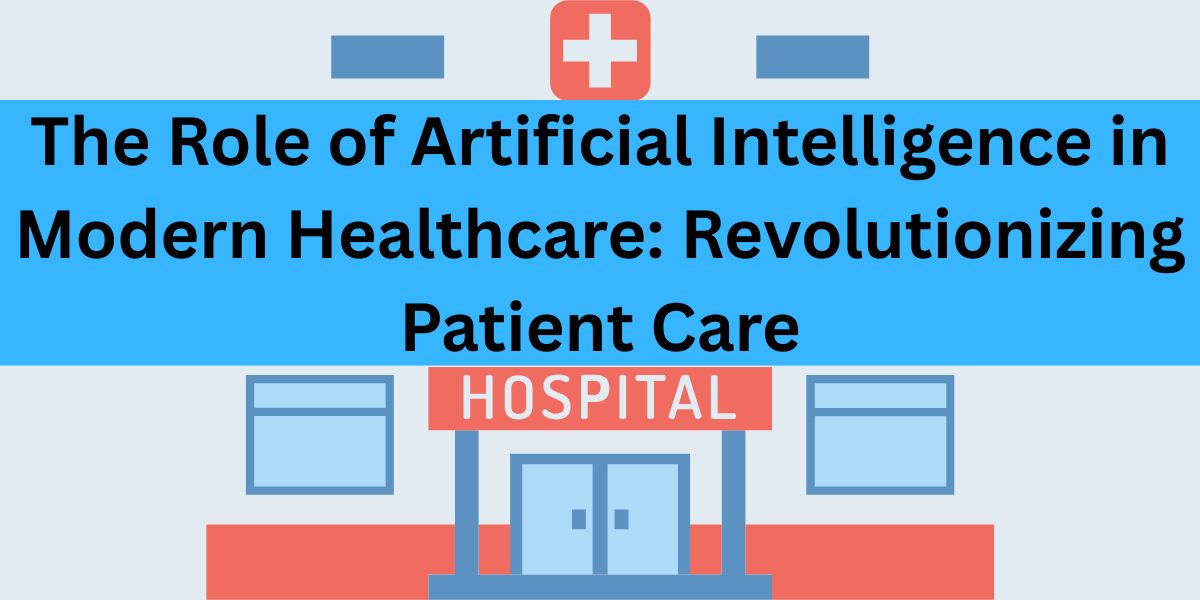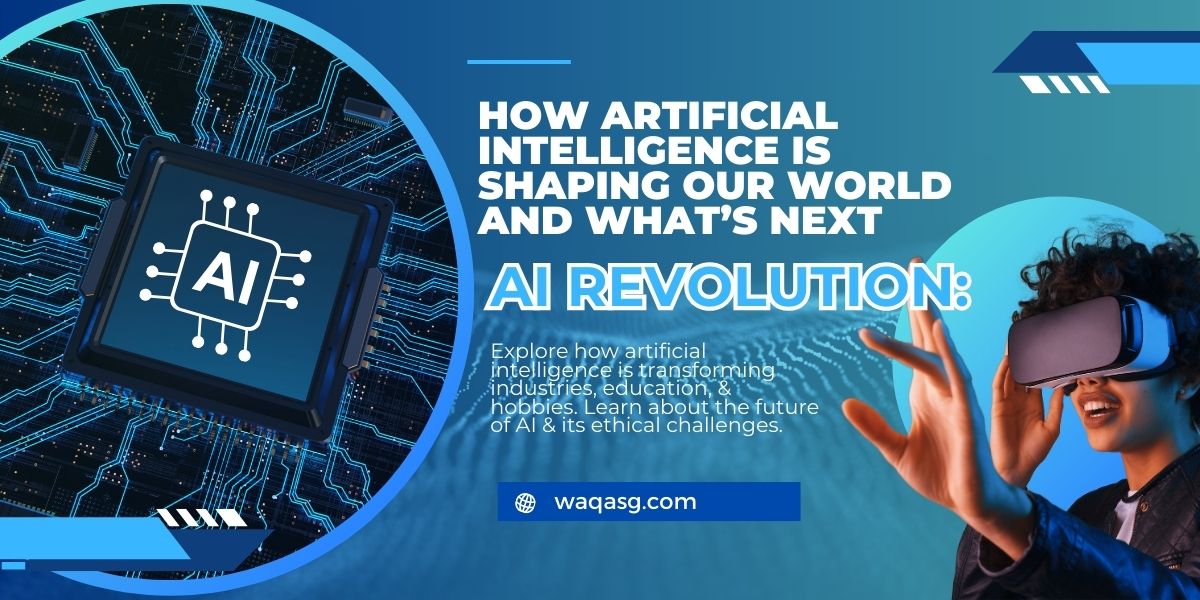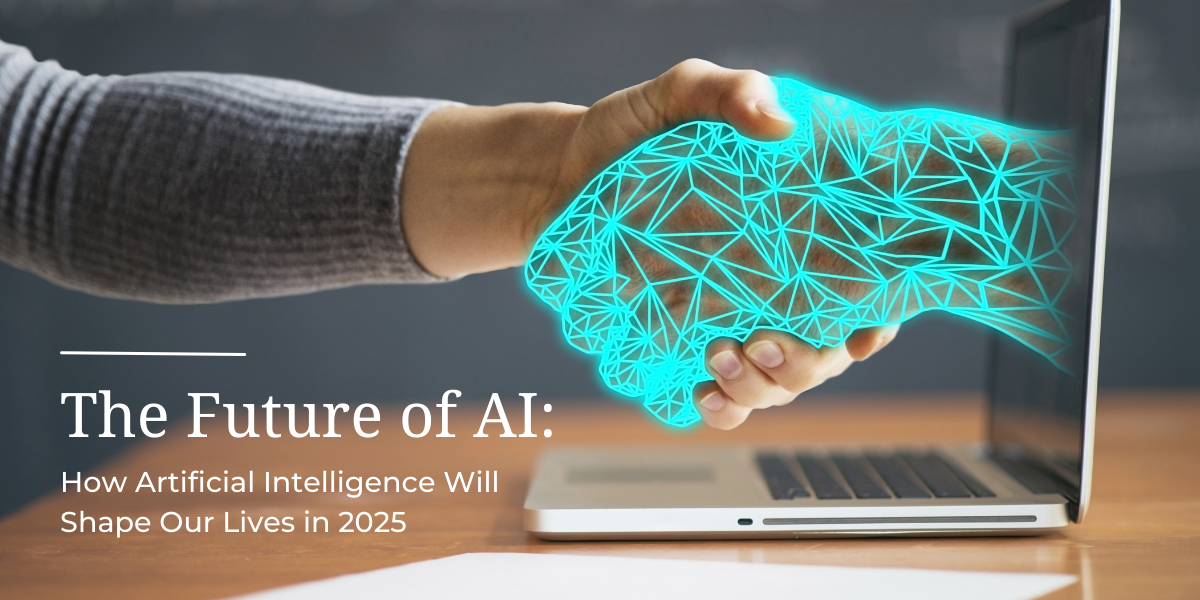In this article, we will discover the top AI solutions helping small businesses thrive in 2025. And learn how these powerful tools that can save time, cut costs, & boost growth in today’s highly competitive market.
Introduction
Running a small business in 2025 is not an easy task. And, the competition is fierce, customer expectations are sky-high, & time always feels short. But there’s good news: Artificial Intelligence (AI) is no longer just for tech giants or Fortune 500 companies. Today, there are dozens of affordable, easy-to-use AI solutions designed specifically to help small businesses work smarter, save money, & grow faster.
In this article, we will explore the top AI solutions, which can make a real difference for small businesses in 2025 — and how you can start using them to thrive in the digital age.
Why AI is a Game-Changer for Small Businesses in 2025
AI has shifted from being a futuristic concept to a must-have tool for businesses of all sizes, anywhere on this planet. According to a 2025 industry report, more than 60% of small businesses now use at least one AI-powered tool, from marketing automation to customer service bots.
Here’s why:
- Saves Time: Automates repetitive tasks like emails, scheduling, and data entry.
- Cuts Costs: Reduces the need for large teams while improving efficiency.
- Improves Decisions: Uses data-driven insights to help you make smarter choices.
- Enhances Customer Experience: Personalizes offers and provides 24/7 support.
Top AI Solutions Helping Small Businesses Thrive in 2025
Here are some of the best AI-powered tools every small business owner should know about this year:
1. ChatGPT Business
Category: Customer Support & Content Creation
ChatGPT Business helps small businesses create professional emails, blogs, product descriptions, and even customer service scripts. It can handle inquiries instantly, freeing up your time for other tasks.
Key Benefits:
- Generates marketing content in seconds
- Provides instant, human-like customer responses
- Saves time and reduces support costs
2. Jasper AI
Category: Copywriting & Marketing
Jasper AI is a favorite among small businesses for creating ad copy, social media posts, and blog articles with minimal effort.
Key Benefits:
- Creates high-converting ad campaigns
- SEO-optimized writing for better search rankings
- Saves hours of manual writing
3. Hootsuite Insights (Powered by AI)
Category: Social Media Management
This tool helps businesses analyze customer behavior and automate posting schedules across multiple platforms.
Key Benefits:
- Tracks trending topics in real time
- Schedules posts automatically
- Improves audience engagement
4. HubSpot AI CRM
Category: Customer Relationship Management
HubSpot’s AI-powered CRM helps small businesses manage leads, track sales, and predict customer behavior, making it easier to close deals.
Key Benefits:
- AI-driven sales recommendations
- Automated follow-up emails
- Centralized customer data
5. QuickBooks AI
Category: Accounting & Finance
QuickBooks now uses AI to automate bookkeeping, send invoices, and track expenses, reducing human errors.
Key Benefits:
- Automates repetitive financial tasks
- Provides real-time financial reports
- Helps avoid tax filing mistakes
6. Grammarly Business AI
Category: Writing & Communication
Grammarly AI goes beyond spell-checking—it suggests better tone, structure, and clarity in emails and documents, which is essential for professional communication.
Key Benefits:
- Improves writing quality instantly
- Detects tone for better customer communication
- Works across multiple apps
7. Zapier AI
Category: Workflow Automation
Zapier uses AI to connect different apps and automate workflows (e.g., automatically sending leads from your website to your CRM).
Key Benefits:
- Saves time by reducing manual data entry
- Connects over 5,000 tools and apps
- Easy to set up, no coding required
8. Pictory AI
Category: Video Content Creation
Perfect for small businesses wanting to create short marketing videos for TikTok, Instagram, or YouTube without expensive equipment or editors.
Key Benefits:
- Turns text into videos in minutes
- Adds captions and music automatically
- Great for ads and social media content
9. Tidio AI Chatbot
Category: Customer Service
Tidio’s AI chatbot allows you to answer customer questions 24/7, even while you sleep, improving customer satisfaction.
Key Benefits:
- Handles multiple customers simultaneously
- Provides instant answers to FAQs
- Converts visitors into paying customers
10. ClickUp AI
Category: Project Management
ClickUp’s AI assistant helps teams organize tasks, draft emails, and even summarize meetings, improving productivity.
Key Benefits:
- Reduces time spent on planning
- Keeps projects on track
- Helps small teams stay organized
How to Choose the Right AI Solution for Your Business
Not all AI tools are created equal. Before investing, consider:
- Budget: Start with affordable tools or free trials.
- Ease of Use: Pick software that doesn’t require tech expertise.
- Integration: Ensure it works with your existing tools.
- Scalability: Choose solutions that can grow with your business.
To Sum Up
AI is no longer a luxury for big companies—it’s a powerful, affordable tool for small businesses looking to scale fast. Whether you want to automate your marketing, improve customer support, or save hours on administrative tasks, these AI solutions can help you work smarter, not harder in 2025.
🚀 Start small, experiment with a few tools, and watch how AI transforms your business this year.
FAQs
1. Are AI tools expensive for small businesses?
No. Many AI solutions now offer affordable plans or free tiers, making them accessible even to startups.
2. Do I need technical skills to use AI tools?
Most modern AI tools are designed for beginners, requiring little to no technical expertise.
3. Can AI tools replace human employees?
Not entirely. AI helps automate repetitive tasks, allowing humans to focus on more strategic and creative work.
